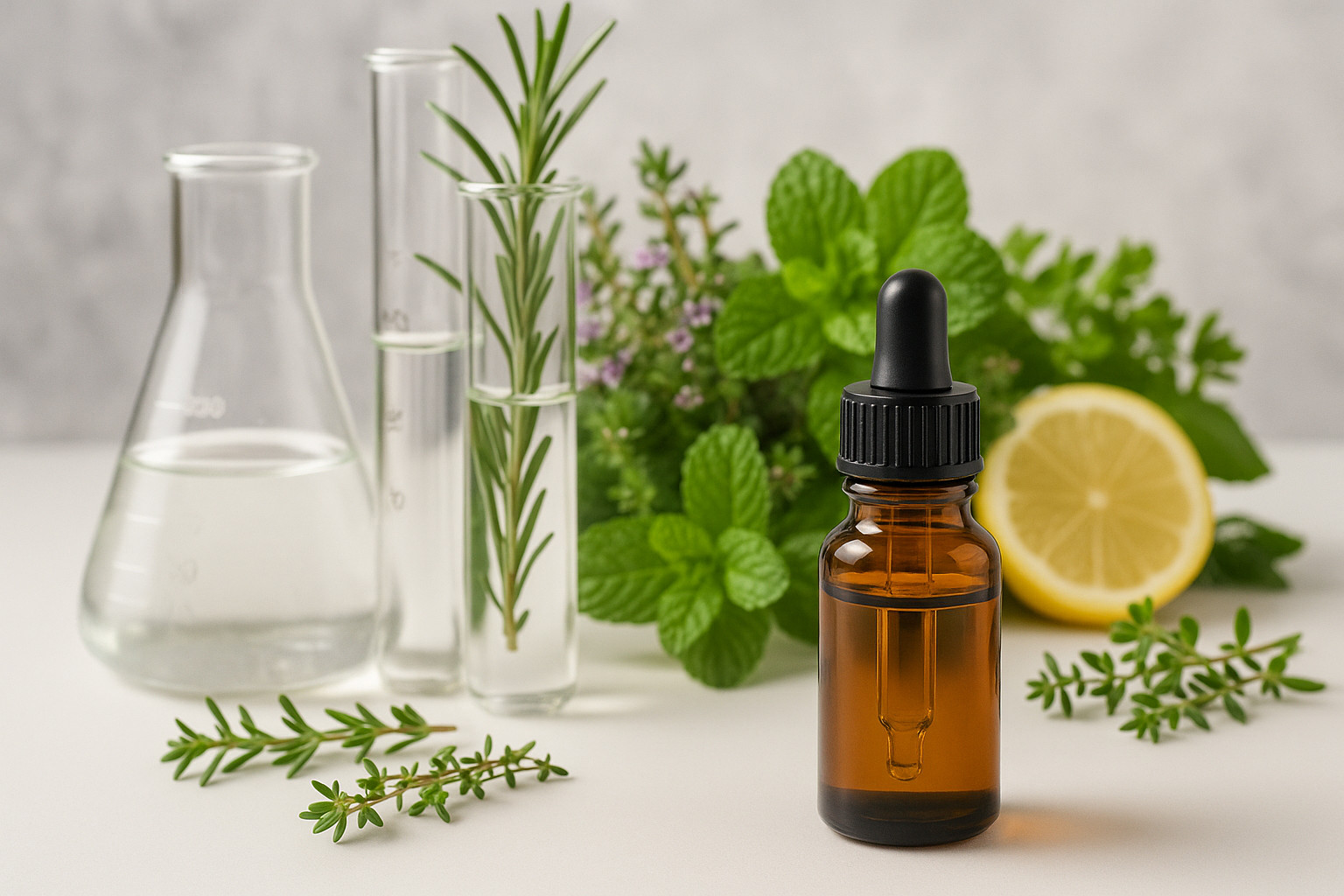
🌿 New Science Meets Ancient Wisdom
This editorial from Evidence-Based Complementary and Alternative Medicine explores the science behind essential oils and how they’re stepping into the spotlight as powerful natural allies for human health. Historically used for everything from disinfection to emotional support, essential oils are now gaining traction in modern clinical settings for their antimicrobial, anti-inflammatory, and even anti-C...... (can't say this online but read the paper HERE) properties.
This editorial from Evidence-Based Complementary and Alternative Medicine explores the science behind essential oils and how they’re stepping into the spotlight as powerful natural allies for human health. Historically used for everything from disinfection to emotional support, essential oils are now gaining traction in modern clinical settings for their antimicrobial, anti-inflammatory, and even anti-C...... (can't say this online but read the paper HERE) properties.
🧪 Real Results Backed by Research. (but don't just take my word for it! Read the published research article linked above!)
Here are some standout findings from the studies highlighted in this special issue:
- Liver Protection: Thymus vulgaris (aka thyme) essential oil helped protect the liver from acetaminophen-induced damage in mice. It significantly lowered liver enzymes like AST and ALT—markers of liver distress—and improved tissue health. A huge potential win for those dealing with liver toxicity.
- Superbug Slayer: Oils from clove, oregano, and thyme showed potent action against antibiotic-resistant strains of Burkholderia cepacia, a dangerous infection in cystic fibrosis patients. Yes, essential oils outperformed conventional antibiotics in some cases!
- Food Safety Hero: Thymus capitata essential oil didn’t just fight off Listeria in lab tests—it reduced the bacteria in real meat samples. A 0.25–1% application kept the food safer and fresher. Imagine the impact on natural food preservation!
- Surgery Support: Lavender, orange, and peppermint oils helped surgical patients with anxiety, nausea, pain, and even wound healing. Tea Tree Oil (TTO) was especially effective for infection control. The conclusion? Aromatherapy is more than just pleasant—it's potentially therapeutic.
- Antifungal Action: Eugenol (from clove oil) was a star in stopping Candida species from forming harmful biofilms, especially important for immune-compromised individuals. It even worked on dental materials, making it promising for oral care.
- Better Delivery Through Science: Nano-encapsulation of essential oils is the future. Researchers are finding ways to make oils more stable, potent, and bioavailable using liposomes, emulsions, and lipid particles. More effective therapies with fewer drops? Yes, please.
- Artemisia annua Powerhouse: This essential oil, packed with compounds like camphor and 1,8 cineole, crushed both bacterial and fungal pathogens—and it's already famous for its role in fighting malaria.
✨ Bottom Line: Essential Oils Aren’t Just Trendy—They’re Transformational
From liver health to antimicrobial power, surgical recovery to food safety, this article shows that essential oils are earning their place in serious health conversations. And with ongoing advances in how we deliver and study them, their future is looking even brighter.
From liver health to antimicrobial power, surgical recovery to food safety, this article shows that essential oils are earning their place in serious health conversations. And with ongoing advances in how we deliver and study them, their future is looking even brighter.
🔍 Take a moment to read the full article—it’s packed with rich, science-backed insights that will deepen your appreciation for these natural wonders. Whether you're into wellness, research, or holistic living, this one's a must-read!


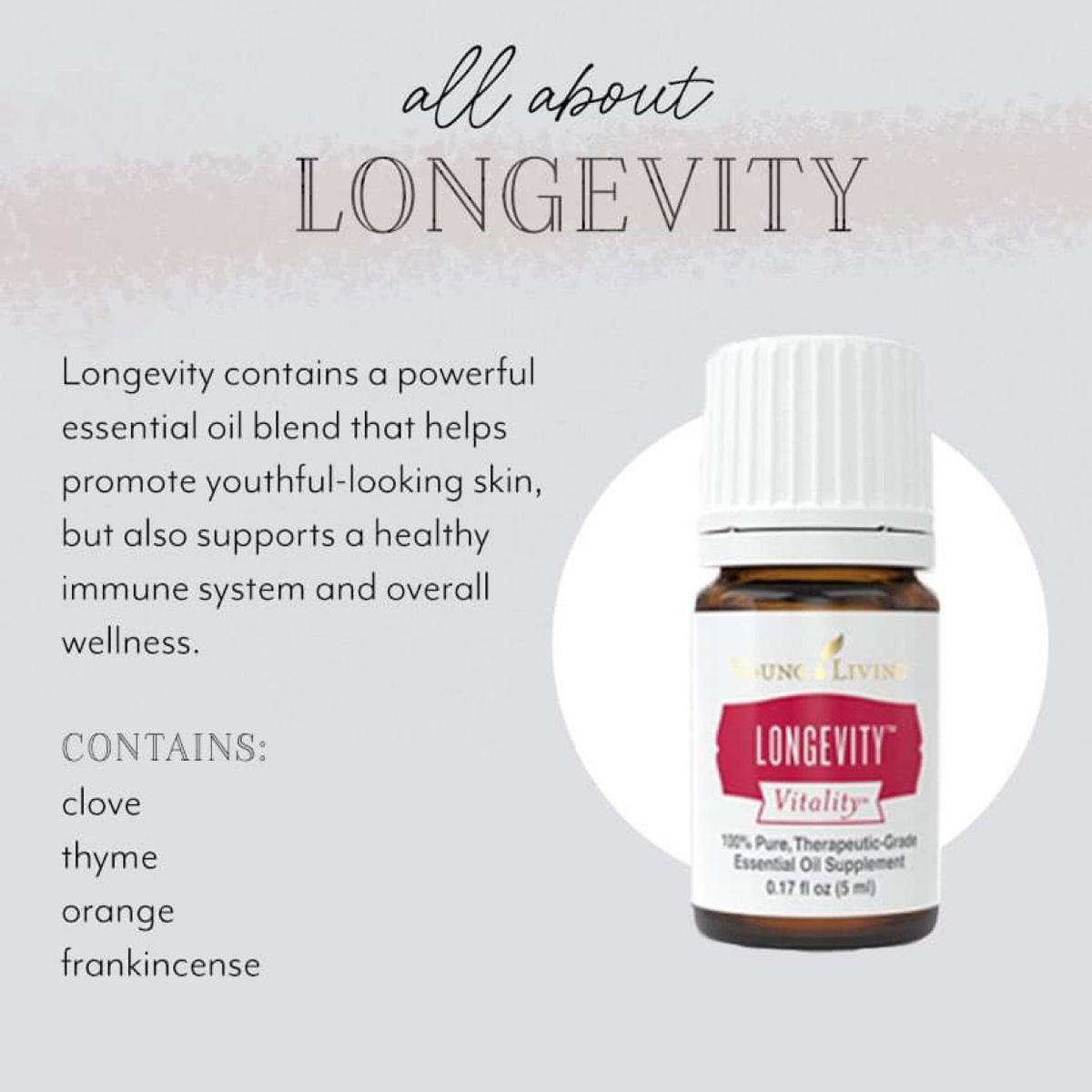
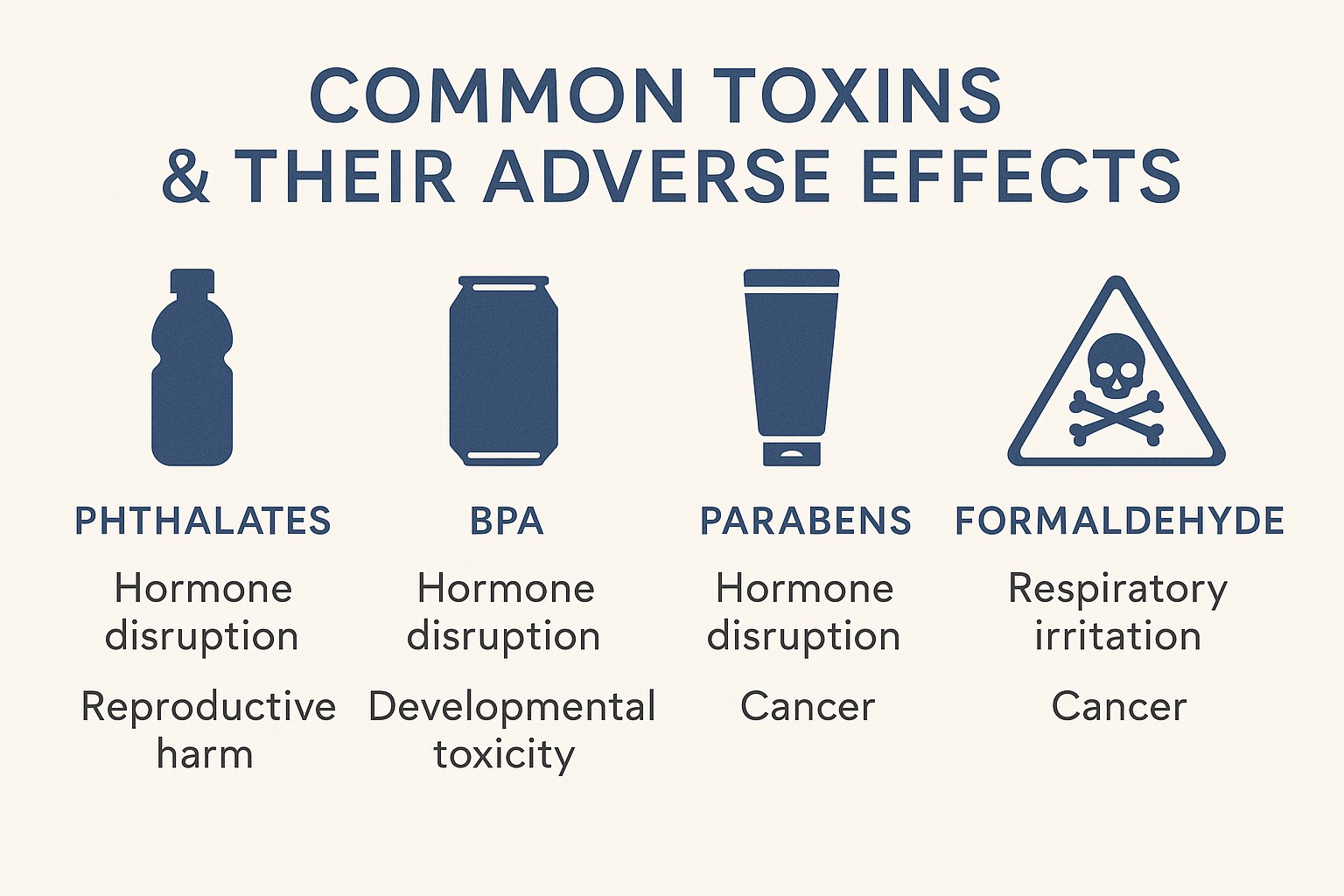
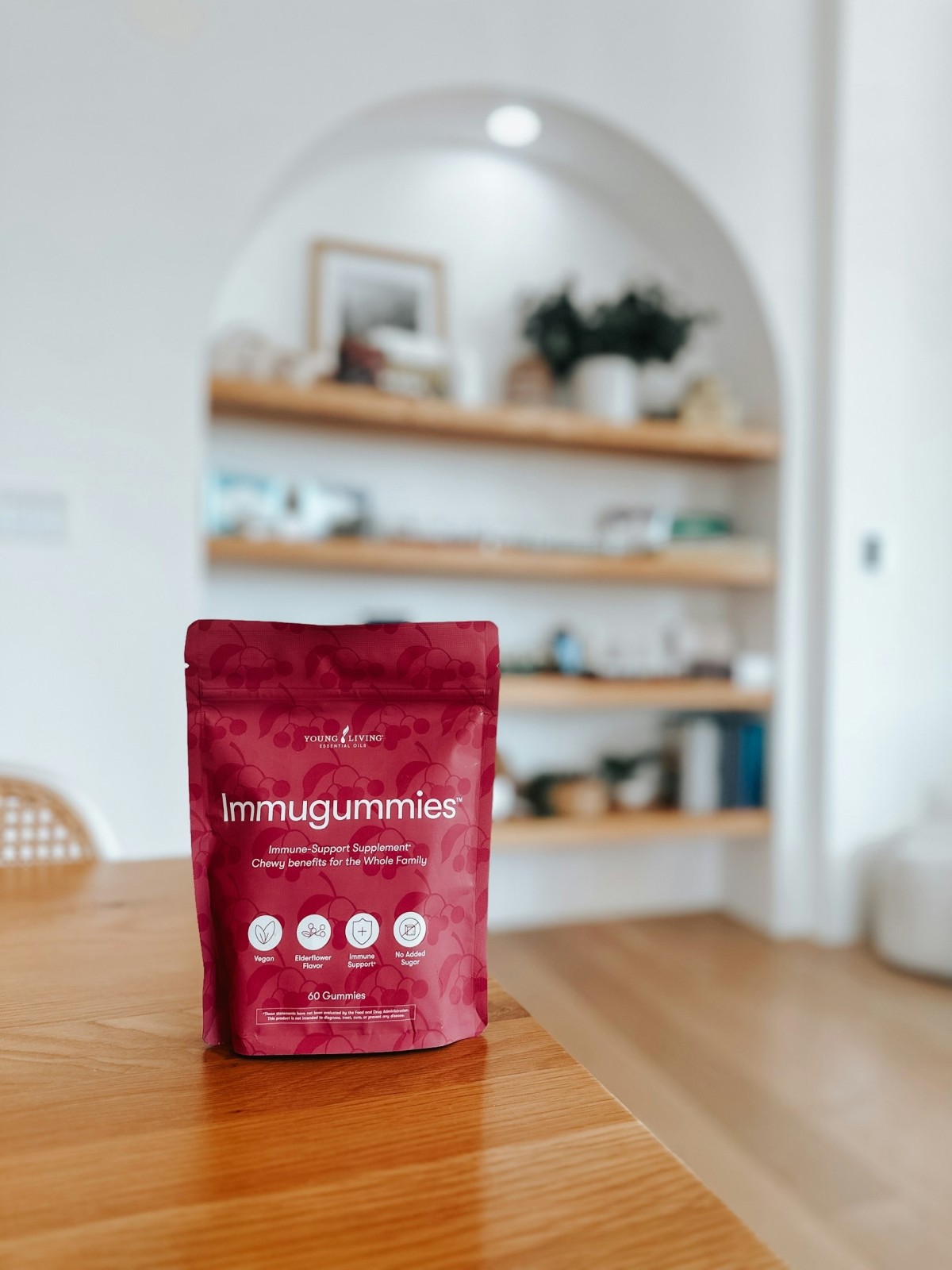


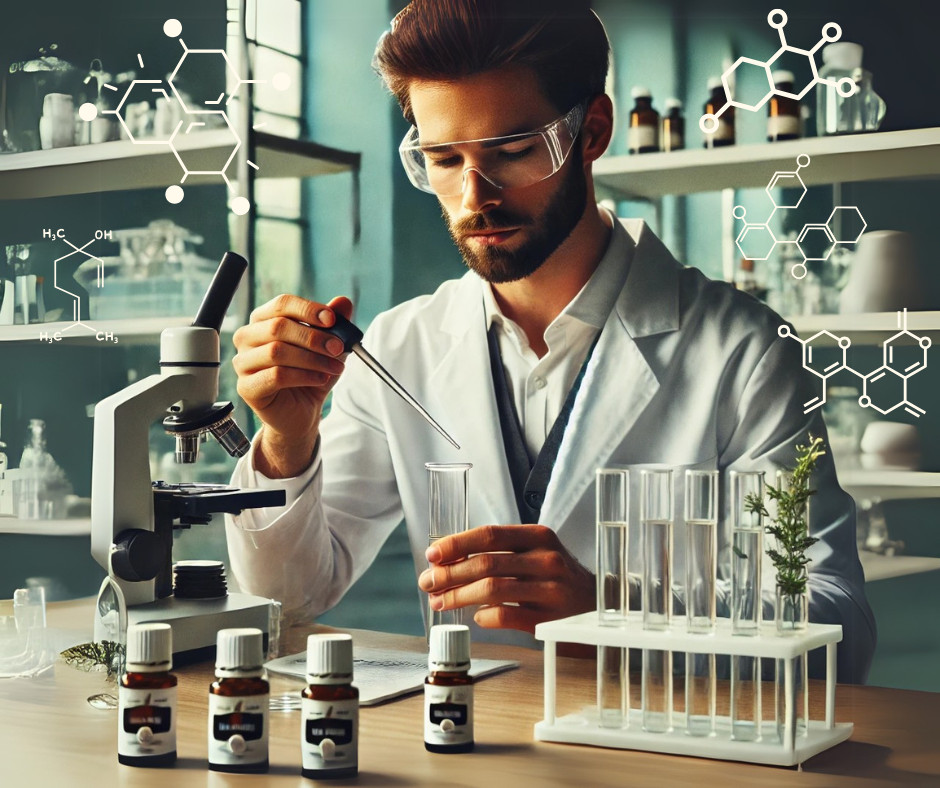

0 Comments